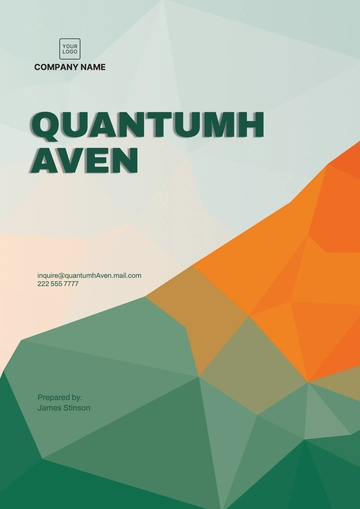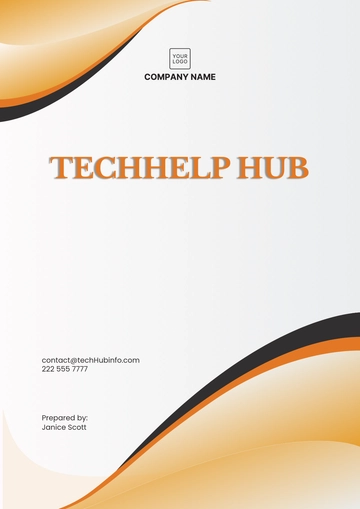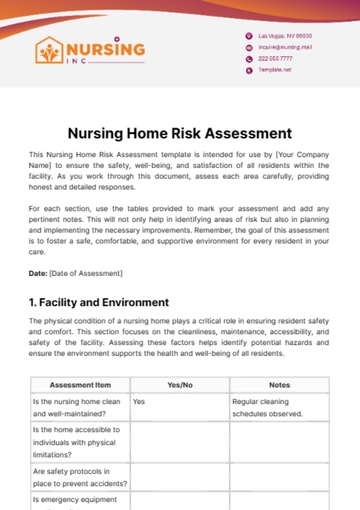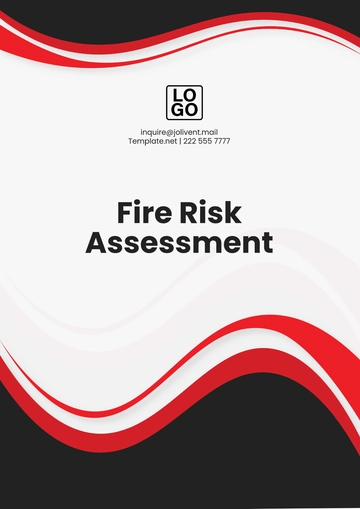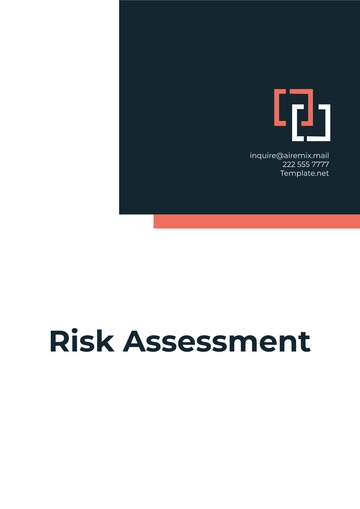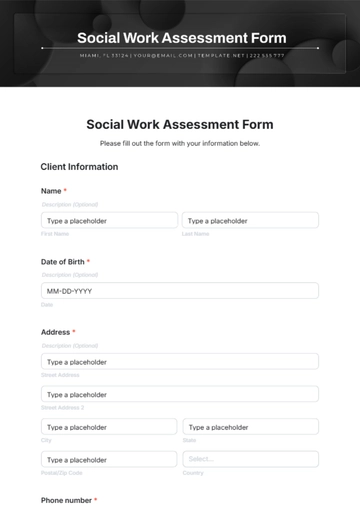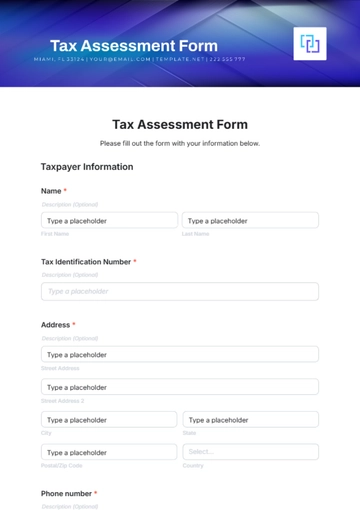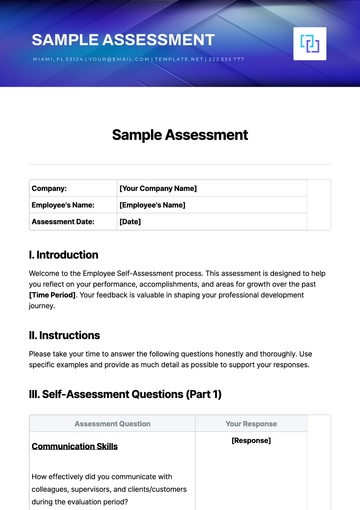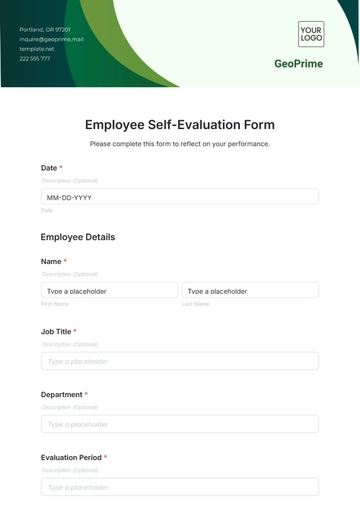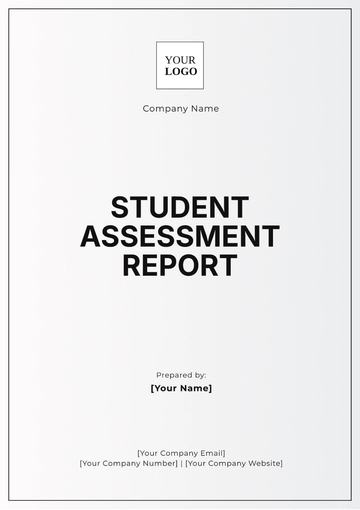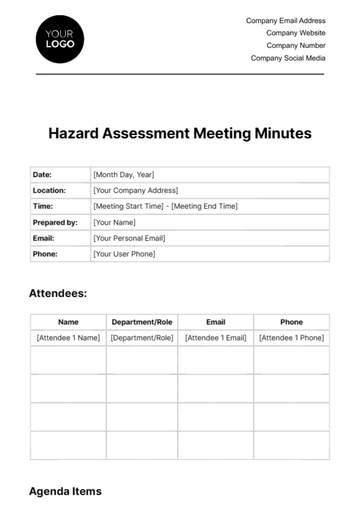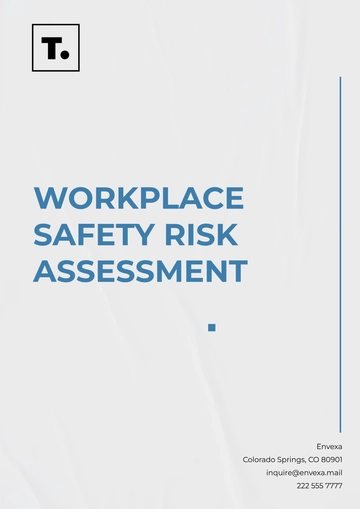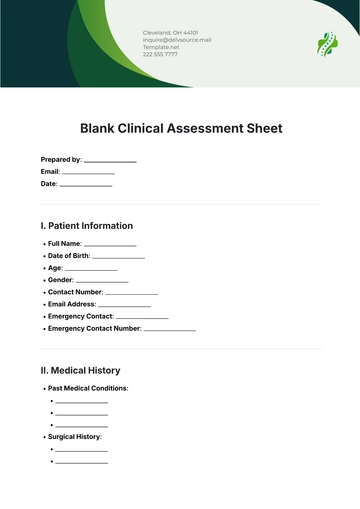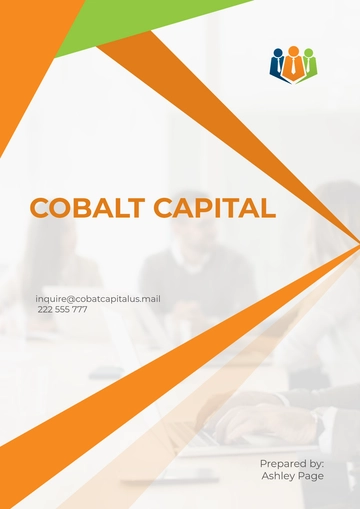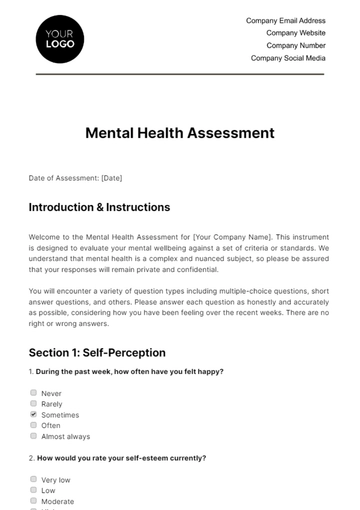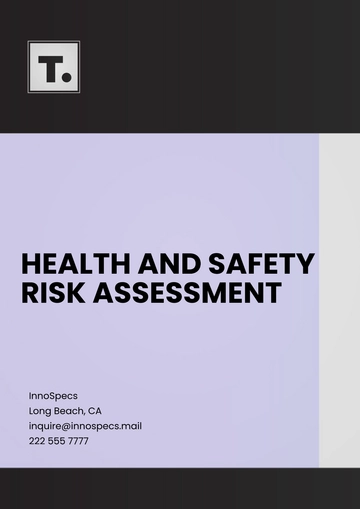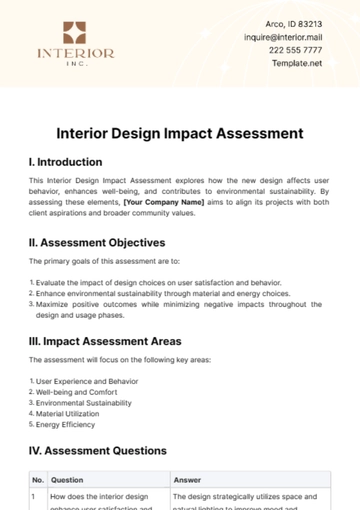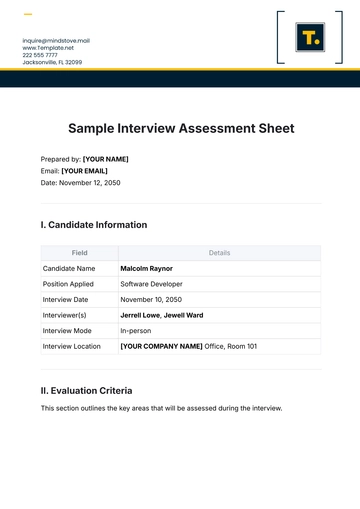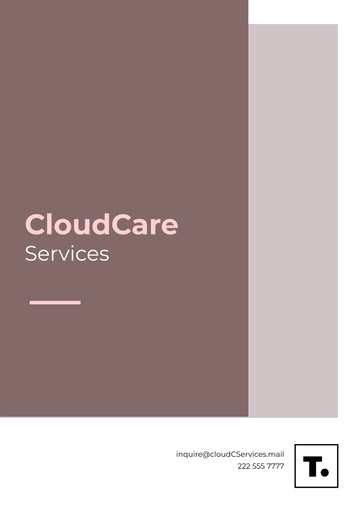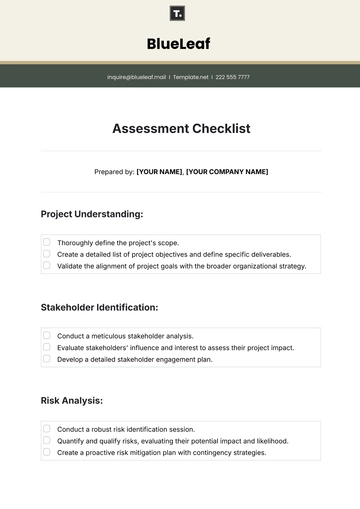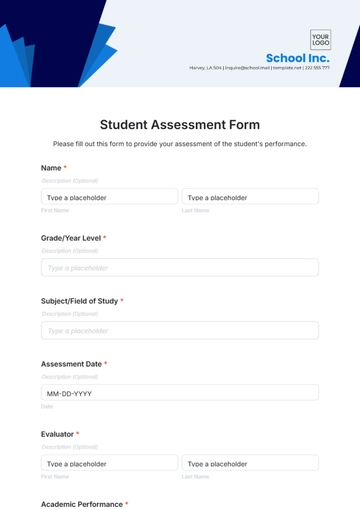Free Sales Assessment of Event Venue
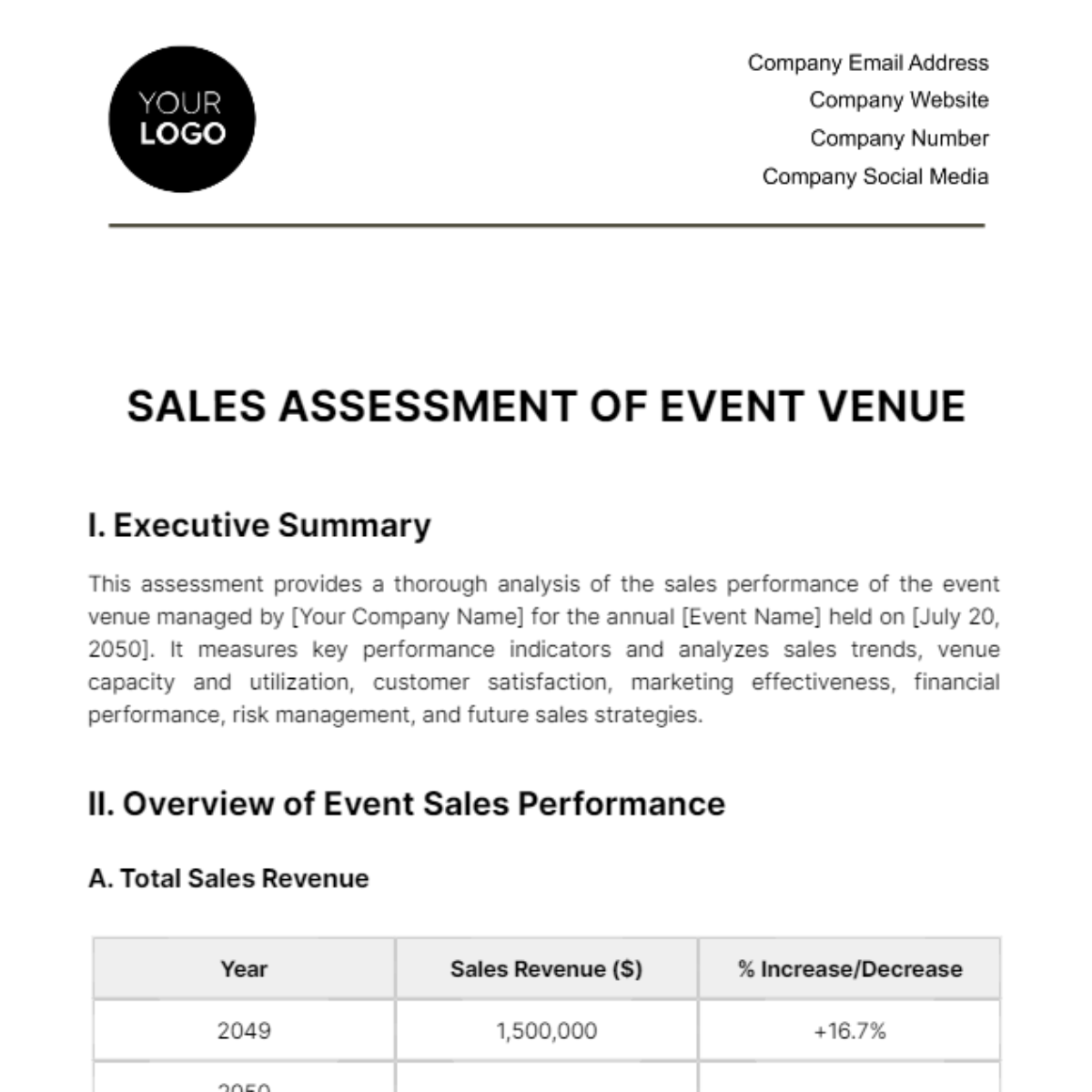
I. Executive Summary
This assessment provides a thorough analysis of the sales performance of the event venue managed by [Your Company Name] for the annual [Event Name] held on [July 20, 2050]. It measures key performance indicators and analyzes sales trends, venue capacity and utilization, customer satisfaction, marketing effectiveness, financial performance, risk management, and future sales strategies.
II. Overview of Event Sales Performance
A. Total Sales Revenue
Year | Sales Revenue ($) | % Increase/Decrease |
2049 | 1,500,000 | +16.7% |
2050 |
The sales revenue for the [Event Name] in [2050] increased by [16.7%] from the previous year, signaling a strong market position and effective sales strategy.
B. Ticket Sales Analysis
Ticket Type | Unit Sold | Total Sales ($) | % of Total Sales |
VIP | 500 | 250,000 | 14.3% |
General | |||
Discounted | |||
Online |
The general admission tickets contributed the largest portion of sales, while VIP tickets, despite their lower volume, generated significant revenue due to higher pricing.
III. Venue Capacity and Utilization
A. Venue Capacity
Venue Area | Capacity | Occupancy Rate (%) |
Main Hall | 500 | 85% |
Conference Room | ||
Outdoor Area |
The Main Hall remains the most utilized space, running at an 85% occupancy rate during the event.
B. Space Utilization
The utilization of space was done in an optimal manner, such that there were no reports or occurrences of overcrowding. This ensured compliance with the set safety regulations. Furthermore, it significantly contributed to enhancing the experience of the customers.
IV. Customer Satisfaction Metrics
A. Customer Feedback Summary
Satisfaction Area | Positive Feedback (%) | Negative Feedback (%) |
Venue Accessibility | 92% | 8% |
Catering Quality | ||
Seating Comfort |
Accessibility received the highest positive feedback, indicating venue location and layout met customer needs effectively.
B. Customer Service Ratings
The customer service at the event received a rating of 4.5 out of the maximum 5 stars. This high rating is indicative of the strong performance exhibited by not just the event staff, but also the management team. It can be surmised that guests were collectively very satisfied with their experience and that the service provided was of a high standard.
V. Financial Performance Assessment
A. Cost Breakdown
Expense Category | Cost ($) | % of Total Expenses |
Venue Rental | 100,000 | 10% |
Staffing | ||
Marketing & Promotion | ||
Technology Support | ||
Miscellaneous |
B. Profitability Analysis
The event generated a noteworthy return on investment, evident from the calculated net profit which was approximately $1,150,000. This figure signifies a considerable net margin, approximately stated to be 65.7%. Such results clearly reveal a robust and compelling return on investment.
VI. Risk Management Review
A. Incident Reports
Incident Type | Number of Incidents | Preventative Measures Taken |
Overcrowding | 0 | Effective space management |
System Downtime | IT support, redundant systems | |
Customer Complaints | Staff training, feedback systems |
Risks were managed effectively with minimal incidents and swift resolution strategies.
B. Compliance and Safety
The event was meticulously organized in strict accordance with all local regulations and safety protocols. During the entire duration of the event, there were no instances of violations, either legal or related to safety, that were reported.
VII. SWOT Analysis
A. Strengths
High-quality venue with multiple areas catering to diverse event needs.
Robust ticket sales, particularly through online channels.
Strong brand reputation leading to high customer satisfaction rates.
B. Weaknesses
Reliance on a single event for a significant portion of annual revenue.
Some negative feedback on seating comfort, suggests room for improvement.
C. Opportunities
Expansion of event offerings to utilize venue capacity year-round.
Partnership opportunities with [Your Partner Company Name] for cross-promotion.
D. Threats
Emerging competitive event venues in the region.
Economic downturns affect discretionary spending on events.
VIII. Future Sales Strategy
A. Enhancing Customer Experience
By investing in premium seating accommodations and enhancing the overall comfort of the venue, there will constantly be improvements that would enable us to enhance future ticket sales and provide diverse pricing options.
B. Diversification of Revenue Streams
Investigating further potential events and forging new partnerships as a means to decrease the heavy dependency on the yearly occurrence of the [Event Name].
C. Strengthening Online Presence
We plan to continue the process of evolving and refining the platforms of [Your Company Website] and [Your Company Social Media]. Our primary goal is to use these platforms to their fullest potential in terms of increasing customer participation and interaction, as well as strengthening the direct sales effort.
- 100% Customizable, free editor
- Access 1 Million+ Templates, photo’s & graphics
- Download or share as a template
- Click and replace photos, graphics, text, backgrounds
- Resize, crop, AI write & more
- Access advanced editor
Discover the ultimate solution for enhancing your event venue's sales performance with Template.net's Sales Assessment of Event Venue Template. This meticulously crafted resource offers an editable and customizable framework, seamlessly integrating an AI Editor Tool. Effortlessly analyze market dynamics, streamline sales processes, and boost profitability. Elevate your venue's success with precision and ease.
